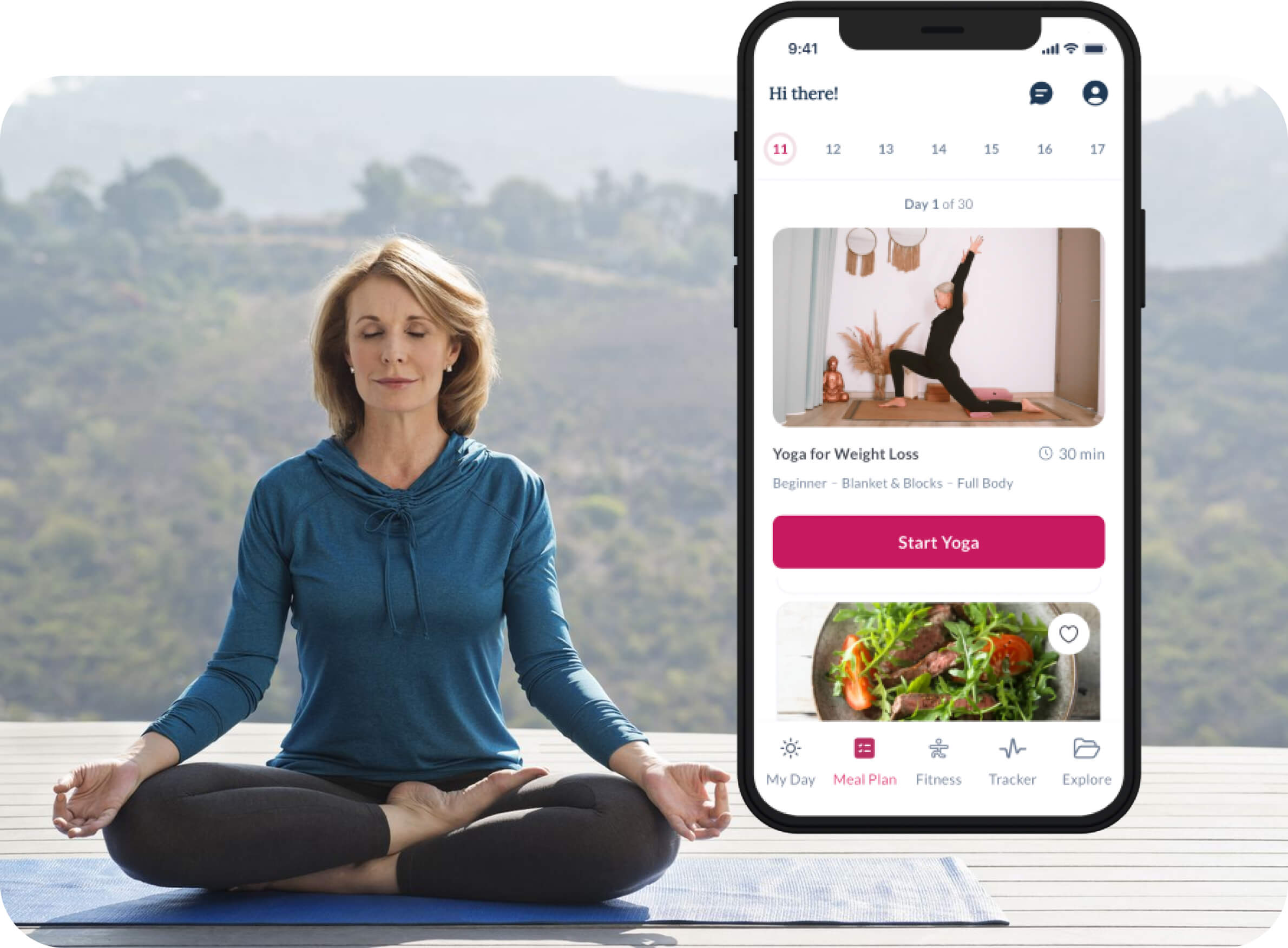
Reverse Health Reviews for Better Choices
Table of Contents
Introduction
In today’s fast-paced world, making smart health decisions is more important than ever—especially in the United States, where healthcare options can be overwhelming. One increasingly popular method for making informed decisions is leveraging Reverse Health Reviews. But what are they, and how can you use them to make better choices?
How to keep on losing weight doing a reverse diet
This comprehensive guide will explain everything you need to know about using reverse health reviews to improve your health decisions. We’ll provide internal resources from Database Town, compare traditional and reverse reviews, and guide you through a practical step-by-step process.
What Are Reverse Health Reviews?
Reverse Health Reviews are in-depth evaluations where users share both positive and negative experiences after trying a health product or service, but with a focus on what didn’t work and why. Unlike promotional testimonials, these reviews emphasize the downsides and can help you avoid misleading claims.
These reviews are often found on health forums, independent blogs, and review sites where transparency and authenticity matter.
For example, when evaluating a supplement, a reverse health review may highlight ingredients that caused side effects, or question the legitimacy of a brand’s health claims.
Why Reviews Matter in Health Decisions
Health-related purchases and decisions are too important to rely on guesswork. In the U.S., where a wide array of health supplements, apps, and wellness services flood the market, reviews play a crucial role in:
- Preventing health risks
- Saving money
- Making evidence-based decisions
A detailed reverse health review can warn you about potential allergic reactions, ineffectiveness, or even misleading marketing tactics.
External Source:
According to the National Institutes of Health (NIH), many over-the-counter health products lack proper regulation, making consumer reviews a valuable form of post-market analysis.
How to Analyze Reverse Health Reviews
Reading reviews isn’t enough—you must know how to interpret them. Here’s what to look for:
- Consistency: Are multiple people experiencing the same issue?
- Specific Details: Does the reviewer mention dosage, timing, and symptoms?
- Balanced Tone: Avoid overly emotional or one-sided reviews.
- Reviewer Credentials: Is the reviewer experienced or credible?

Step-by-Step Guide: Using Reverse Health Reviews for Better Choices
Step 1: Identify the Health Product or Service
Know what you are researching—be it a supplement, fitness tracker, or medical app.
Step 2: Search for Reverse Health Reviews
Use platforms like Reddit, Trust pilot, or independent health blogs. Use search terms like:
- “Product name + side effects”
- “Product name + complaints”
Step 3: Compare Multiple Sources
Do not rely on a single review. Look for patterns and consistency across multiple platforms.
Step 4: Cross-reference with Scientific Data
Check if clinical trials or research studies support or contradict the review claims.
Step 5: Check Internal Review Articles
At Database Town, we provide data-driven comparisons for wellness products. Check out:
- Best Supplements to Avoid in 2025
- Top 10 Misleading Health Products
Step 6: Make an Informed Choice
Use the pros and cons you’ve gathered to decide whether a product is right for you.
Benefits of Using Reverse Health Reviews
Using reverse reviews not only protects you from harmful choices but also provides added benefits:
- Saves Money: Avoid spending on ineffective products.
- Reduces Health Risks: Steer clear of allergic reactions or side effects.
- Encourages Transparency: Promotes accountability in the health industry.
- Improves Awareness: You become more health-literate and informed.
Comparison Table: Traditional vs. Reverse Health Reviews
| Feature | Traditional Reviews | Reverse Health Reviews |
| Focus | Positives and promotion | Negatives and red flags |
| Bias Level | High (often incentivized) | Low (usually genuine) |
| Detail Level | Often vague | Typically detailed |
| Credibility | May be manipulated | More transparent |
| Decision Impact | Can mislead | Promotes critical thinking |
Internal Resources for Smarter Health Decisions
You don’t need to navigate your health journey alone. Check out these helpful resources from Database Town:
- Truth Behind Popular Health Fads
- Worst Rated Diet Programs
- How to Spot Fake Reviews
Common Mistakes to Avoid
- Relying on a Single Review: Always compare multiple opinions.
- Not Checking Reviewer Credibility: Trolls or fake users can post false info.
- Ignoring Medical Advice: Online reviews are not a substitute for professional guidance.
- Failing to Look at Ingredients: Always verify what’s in the product.
External Resource:
For a reliable ingredient reference, visit the U.S. Food and Drug Administration’s (FDA) Dietary Supplement Label Database.
Conclusion
Making smart health choices in today’s information-driven world means going beyond marketing and uncovering real experiences. By understanding and using Reverse Health Reviews, you can protect yourself from misleading health products and services. This approach empowers you to make better decisions, reduce risks, and improve your overall health literacy.
Remember to explore trusted platforms and tools, and don’t forget to visit Database Town for well-researched health guides, expert comparisons, and more insights into the products you use every day.
Stay informed, stay safe—and make every health decision count.
FAQs
1. What makes a review a “reverse” health review?
A reverse review focuses on the negatives and user concerns instead of marketing highlights.
2. Are reverse health reviews reliable?
Yes, especially when cross-referenced with clinical studies and trusted sources.
3. Can I trust reviews on social media?
Use caution—look for consistent patterns across platforms like Reddit or health-specific forums.
4. How do I write a reverse review myself?
Include your symptoms, timing, dosage, and any side effects honestly.
5. Should I rely solely on reviews for health choices?
No. Always consult with a licensed healthcare provider before making decisions.
Also Read
Artificial Intelligence Argumentative Essay (Real Life Examples Included)



